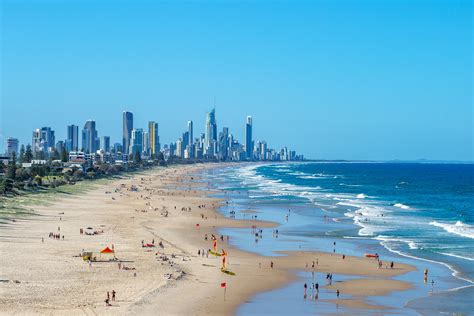A blocked nose, also known as nasal congestion, is a common condition that can cause discomfort, difficulty breathing, and disrupted sleep. While over-the-counter decongestants can provide temporary relief, they can also have side effects. Fortunately, there are many natural remedies that can help to relieve a blocked nose without the use of medication.

1. Steam Inhalation
Steam inhalation is one of the most effective natural remedies for a blocked nose. The steam helps to thin mucus, making it easier to blow out. It can also help to reduce inflammation and soothe irritated nasal passages.
To do a steam inhalation, simply boil a pot of water and place it on a heat-resistant surface. Cover your head with a towel and inhale the steam for 10-12 minutes. You can add a few drops of eucalyptus oil or menthol crystals to the water to help open up your sinuses.
2. Nasal Irrigation
Nasal irrigation is another effective way to relieve a blocked nose. Nasal irrigation involves flushing the nasal passages with a saline solution. This helps to remove mucus, bacteria, and allergens from the nose.
To do nasal irrigation, you will need a neti pot or a squeeze bottle. Fill the neti pot or squeeze bottle with a saline solution and tilt your head back over a sink. Gently squeeze the solution into one nostril while keeping your mouth open. The solution will flow through your nasal passages and out the other nostril.
3. Hot Compress
A hot compress can help to relieve a blocked nose by increasing blood flow to the nasal passages. This can help to reduce inflammation and swelling.
To make a hot compress, simply soak a washcloth in hot water. Wring out the washcloth and apply it to your nose for 10-15 minutes.
4. Saline Nasal Spray
Saline nasal sprays can help to thin mucus and reduce inflammation. They are available over-the-counter and can be used as often as needed.
5. Essential Oils
Some essential oils, such as eucalyptus, peppermint, and tea tree oil, have decongestant properties. They can be used in a diffuser or added to a hot bath.
6. Over-the-Counter Medications
If natural remedies do not provide enough relief, you may need to use over-the-counter medications. Decongestants can help to shrink swollen nasal passages and make it easier to breathe. Antihistamines can help to reduce inflammation and runny nose.
7. Prescription Medications
In some cases, a doctor may prescribe medication to relieve a blocked nose. These medications may include nasal corticosteroids or antibiotics.
When to See a Doctor
If your blocked nose is severe or does not improve with home treatment, you should see a doctor. This is especially important if you have a fever, headache, or facial pain. These symptoms may indicate a more serious condition, such as a sinus infection.
Conclusion
A blocked nose can be a nuisance, but it can usually be relieved with natural remedies. If you are looking for a safe and effective way to clear your nasal passages, try one of the methods described above.
















